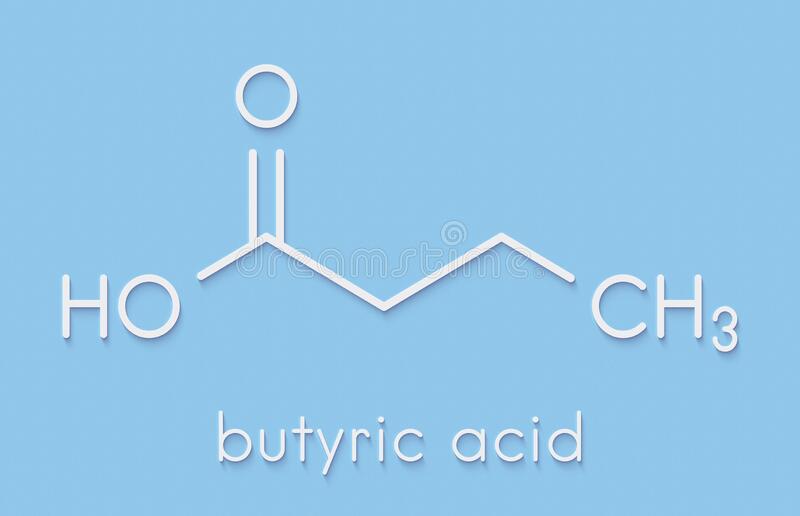Short chain fatty acids (SCFA) are one the most common metabolites released by our gut bacteria from the fermentation of the dietary fibre. These dietary fibres are the carbs consumed by us that is not digestible by cells & get passed onto microbes in our large intestine to metabolize them & release beneficial compounds for providing our body with essential nutrients for upkeep of our health. Detailed research has proved that SCFA can impact metabolic syndrome, irritable bowel syndrome, cancer, Crohn’s disease & other chronic disorders. In this blog, we will discuss different mechanisms of how SCFA impacts our body.
Short Chain Fatty Acids are saturated aliphatic organic acids that consist of one to six carbons. Butyrate, Acetate & propionate constitute 95% of SCFA. There are certain groups of bacteria that produces these beneficial compounds. Acetate production is shared among different bacteria groups. Butyrate, Propionate & lactate production is associated with specific bacterial groups Akkermansia muciniphila is the major producer of Propionate. Sugar molecules such as fucose is a substrate of propionate. Butyrate production is stimulated by fermentation of starch by our gut bacteria. Bacteria such as Faecalibacterium prausnitzii, Eubacterium rectale, Eubacterium hallii, and Ruminococcus bromii are responsible for production of Butyrate. Short chain fatty acids impacts microbes & our body in multiple ways. SCFA are required for chemical balance in anaerobic environment of the gut. Most SCFA are absorbed by our body in exchange for bicarbonate. As such luminal pH level is impacted by release of SCFA.As the concentration of SCFAs decline from the proximal to the distal colon, the pH increases from the cecum to rectum. The lower pH in the ileum to the cecum affects the gut microbiota composition. Lower pH prevents overgrowth of pH sensitivity pathogenic bacteria such as Enterobacteriaceae and Clostridia. At medium pH level of 5.5, bacteria producing butyrate such as Roseburia spp. and Faecalibacterium prausnitzii form 20% of phylum firmicutes. At pH level of 6.5, butyrate producing bacteria disappear & acetate & propionate producing bacteroides becomes dominant.
SCFA produced by our gut bacteria can be found in our blood through the body & impacts glucose & cholesterol metabolism. SCFA provides 10% of calorie requirements for humans. Around 70% of acetate is used by the liver where it is used as a substrate for various molecules such as cholesterol, long chain fatty acids & glutamine. Our liver also uses propionate to synthesize glucose. SCFA can regulate the immune response & reduced inflammatory response from commensal bacteria( that protects our body from pathogens). Propionate & Acetate plays an important role in activation of regulatory T cells that are said to suppress immune responses & maintain state of homeostasis. People suffering from type 2 diabetes are said to have low levels of butyrate. In fact, SCFA has a crucial role to play in regulating our immune system. To sum up, having high levels of SCFA released by our gut bacteria plays a very important role in keeping us away from chronic diseases.
If you are suffering from obesity, fluctuations in blood sugar level or type 2 diabetes, probably your gut is not producing enough SCFA. Sign up for our gut intelligence solution to learn how you can improve the production of SCFA through personalised dietary recommendations unique for your body
Source: https://pubmed.ncbi.nlm.nih.gov/7891407/
https://www.sciencedirect.com/topics/neuroscience/short-chain-fatty-acid


Leave a Reply